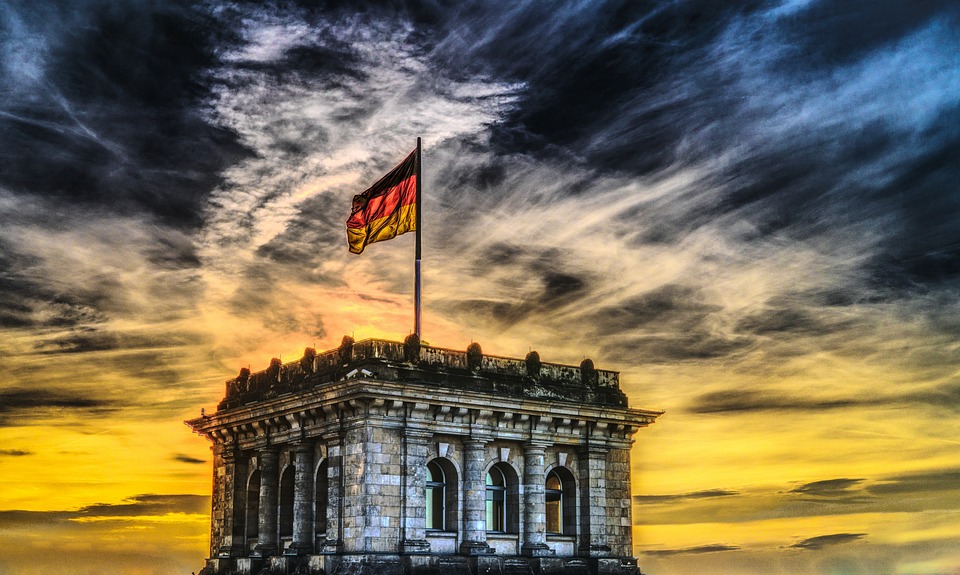The United States of America has always been known as the land of the free, the home of the brave, and a beacon of democracy for the rest of the world. However, over the past few years, political polarization has taken center stage in American society, and it is starting to tear apart the very fabric of American democracy.
Political polarization refers to the extreme division between two opposing sides in political discourse, where individuals become more ideologically divided and less willing to compromise. In the United States, this division has been driven by several factors, including different views on issues such as abortion, gun control, immigration, race, and the role of government.
The rise of political polarization in America has been fueled by a host of factors, including the rise of social media and the 24-hour news cycle, which allows individuals to select their news sources and filter out opposing views. Furthermore, gerrymandering – the redrawing of political districts to favor one party – has increased the number of safe seats for both Republicans and Democrats, further entrenching the division between the two sides.
At the same time, the political elites on both sides have become more rigid in their beliefs, making it difficult to find common ground or compromise. This has led to a growing sense of mistrust towards the political establishment and a loss of faith in democratic institutions.
The impact of political polarization on American democracy has been disastrous. The rise of hyper-partisanship has created an “us vs. them” mentality that pits Americans against each other and undermines the ability to find common ground. Instead of working together to solve problems, politicians are more focused on obstructing the other side and appealing to their base.
Moreover, the lack of dialogue and compromise has resulted in a government that is unable to pass meaningful legislation, address critical issues, and provide decisive leadership during times of crisis. It has led to a government shutdown in 2018-2019, the impeachment of a US President, and the Capitol riots in 2021.
The consequences of political polarization in America go beyond the political realm. It has spilled over into the social fabric of American society, where individuals from different political parties and beliefs are increasingly unwilling to communicate and engage with each other. It has led to a growing sense of social fragmentation, where individuals are more divided than ever before, and grievances can lead to violence.
In conclusion, political polarization is destroying the fabric of American democracy. It is eroding the sense of unity that underpins American society, making it difficult to find common ground and compromise. It is time for political leaders on both sides to put aside their partisan differences and work towards the common good of the country. Only then can America overcome its political polarization and rebuild trust in its democratic institutions.





